S&P 500: 0.40% DOW: 0.24% NASDAQ: 0.43% 10-YR: 1.36%

Last Week on Wall Street - July 10
What Happened
Investors rushed to buy the dip yesterday after Thursday's declines and it was enough to push indexes to record highs. Earlier in the week, technology and growth companies outperformed as Treasury yields plunged. On Friday, cyclical corners of the market outpaced tech. Recently, investors have been weighing concerns over the new covid variants and other potential hurdles for the economic recovery. The 10YR yield fell 7 basis points.
- Service sector cools off
- Job openings reach record
- Fed minutes show tapering was discussed
- The ECB wants higher inflation
- Interesting articles from the Waterloo Watercooler

Jeffry Bartash - MarketWatch
Service Side of Economy Cools Off due to Major Shortages & Lack of Workers
The huge service side of the economy cooled off last month according to ISM's survey. The 60.1 reading in June fell from 64 in May. New orders and the level of production were both extremely high in June. The biggest problems were getting critical supplies on time and at a reasonable price. Ongoing shortages have delayed production and raised costs. Usually, numbers above 50 signal expansion and readings above 60 are exceptional, however, these are not normal times.
The key takeaway is the service side of the economy expanded but by less than expected. The economy is still booming, however, given the massive pent-up demand, companies are struggling to keep up. Supply disruptions and labor shortages are continuing to put upward pressure on inflation and a drag on economic activity.

Reuters & Bloomberg
US Job Openings Rise to Record, Underscoring Hiring Difficulties
The number of job openings rose to just above 9.2 million, a fresh record, and there is now a position available for every unemployed person, according to US Labor Department data. The total number of vacancies exceeded hires by 3.28 million, which is the highest on record. The number of people who voluntarily left their jobs decreased to a still lofty 3.6 million as the quits rate dropped to 2.5%. Wages aren't spiraling higher though, as average hourly earnings grew just 0.3% from the previous month.
The key takeaway is given the massive snapback in the economy, consumer demand has outpaced businesses' ability to hire. This means businesses are trying to do more to attract workers with incentives like hiring bonuses. Still, this massive gap between job openings and hires is likely due to child care challenges, expanded jobless benefits (expiring in September), and lingering virus concerns. These challenges should abate in the coming months and support additional hiring.

Jeff Cox - CNBC
Fed Officials Talk Tapering, Though Kept Patient Tone - Minutes Show
After 2 monetary-policy meetings in which they religiously avoided discussion of slowing down asset purchases, the Fed’s June meeting show "various" officials said they thought the committee would meet the “significant further progress” condition to begin to reduce the pace of asset purchases “somewhat earlier” than they had anticipated. The Fed is currently holding rates close to zero and buying $120 billion in Treasuries and mortgage-backed securities each month to bolster the economy. The key takeaway is the June meeting seemed to mark a turning point for the Fed's comfort with inflationary risks, and many think it is time for the Fed to move on scaling back purchases. Yet, there is concern that any move to the exit could set off an outsized market reaction as it did in 2013. Going forward, labor market progress and supply bottlenecks easing, both highly uncertain, will be key to how the Fed evolves on policy.

Tom Fairless - WSJ
ECB Aims for Slightly Higher Inflation
The ECB said it would aim to keep eurozone inflation at 2% over the medium term, instead of the current target of just below 2%, and would allow room to overshoot its target when needed. It also said it would move to incorporate owner-occupied housing costs into its calculation of the inflation rate and would support efforts to combat climate change via its bond-purchase programs. Investors expressed skepticism as to whether the changes would affect the ECB’s policy course, which reflects a compromise between conservative policymakers in northern countries like Germany who tend to worry about high inflation, and those in Southern Europe who are more concerned about weak economic growth. Annual inflation in the eurozone has averaged about 1.2% since the summer of 2008.
The key takeaway is the new decision points to a more expansionary and dovish bias for the ECB as it gives the central bank more room to run accommodative monetary policy. On the climate change front, the new language remains vague and it will be interesting to see how it is implemented in the future. Also, Lagarde noted the new inflation strategy is not the same as the Fed's recent change as the ECB isn't doing average targeting.

From the Waterloo Watercooler
Wells Fargo is shutting down all existing personal lines of credit in the coming weeks.
There will be no fans at the Tokyo Olympics.
How billionaire sports team owners are using a loophole to save millions in taxes.
Nextdoor, a social network that connects neighbors, will go public through a merger with a blank-check company backed by Khosla Ventures in a deal valued at $4.3 billion.
The gang behind a "colossal" ransomware attack has demanded $70m paid in Bitcoin in return for a "universal decryptor" that it says will unlock the files of all victims.
These are the most-searched ‘bucket list’ travel experiences in the world
